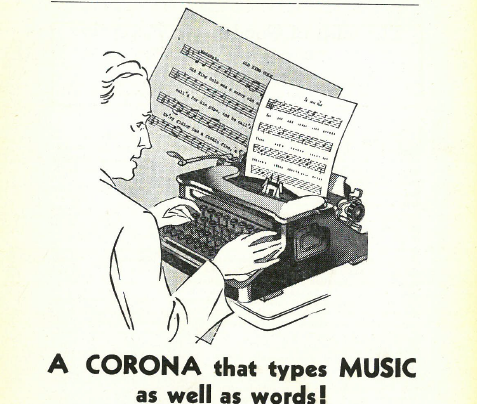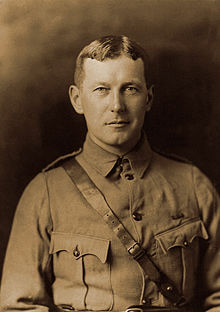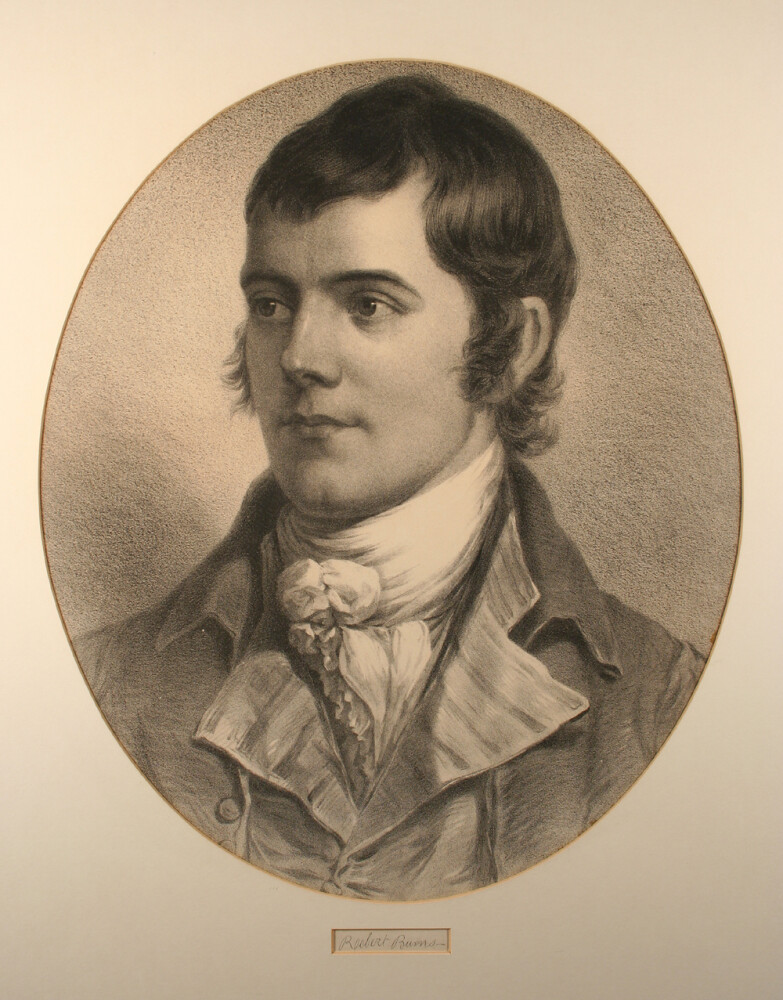Media
Media Room
August 6, 2019
TMC travels to Chicago in 1909 in style
Media

In 1909 the TMC travelled to Chicago to sing three concerts with the Theodore Thomas Orchestra. The 228 members of the choir were brought to Chicago on two special Pullman trains of seven cars each, leaving Toronto Tuesday evening, arriving in Chicago Wednesday morning.
July 24, 2019
TMC brought famous American orchestras to Toronto in early 20th century
Media
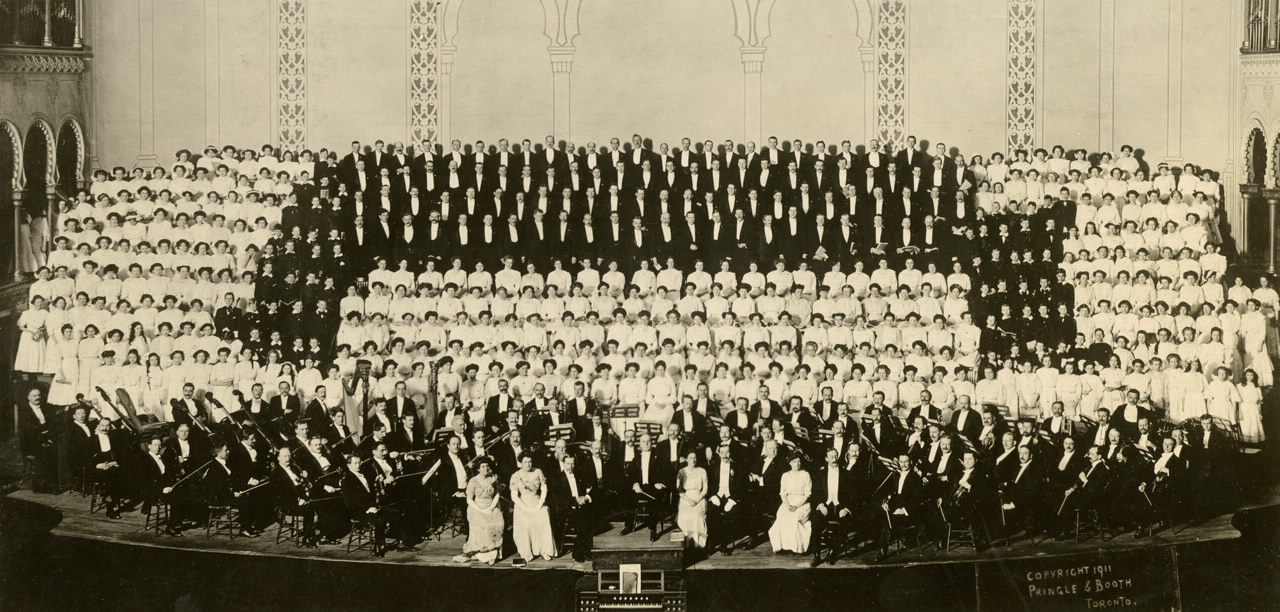
In the early years of the 20th century, the Choir brought a number of stellar American orchestras to Toronto for concerts, including the Theodore Thomas Orchestra of Chicago (which became the Chicago Symphony Orchestra).
July 22, 2019
Toronto Mendelssohn Choir celebrates 125 years of contributions to the Toronto and Canadian choral scene
2019-20 Season

2019 marks TMC’s 125th anniversary. Founded in 1894, the Choir has performed in the 19th, 20th and 21st centuries, as Toronto went from a city of 200,000 to the Greater Toronto Area of over 6 million. Over its 125-year history the TMC is proud to have played a role in the development of Canadian classical choral music, particularly in Toronto. Discover some of Toronto’s choral music history through the TMC’s history.
July 3, 2019
Jarvis Street Baptist Church
Media
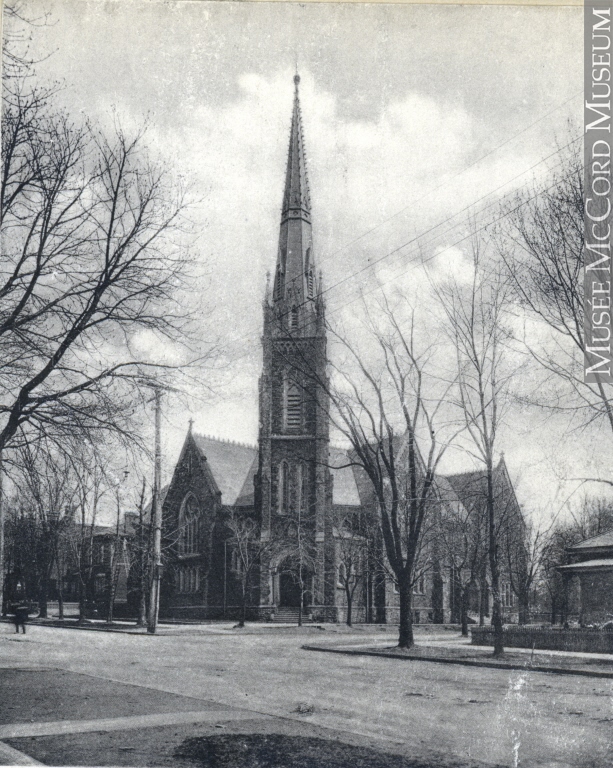
The founder of the TMC, Augustus Stephen Vogt, served as organist-choirmaster at Jarvis Street Baptist Church from 1888–1906, where his choir became known for its a cappella singing. In 1894, in founding the TMC, Vogt drew many of the choristers from his Jarvis Street Baptist Choir.
June 24, 2019
Toronto Symphony 2018-2019 #5: Romantic Opulence and Worldly Pleasures
2018-19 Season
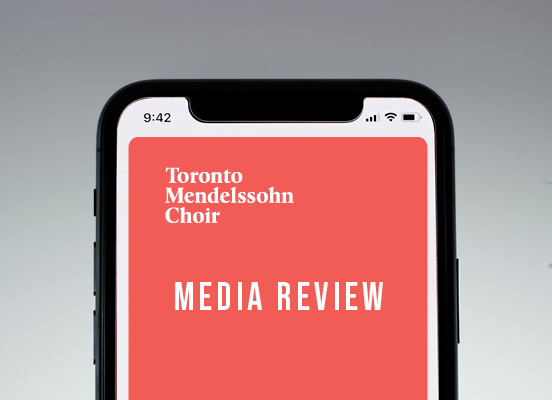
Ken Stephen, Large Stage Live!. The combined forces of the Toronto Mendelssohn Choir and the Toronto Youth Choir acquitted themselves magnificently throughout the cantata, from the majestic opening cry of O Fortuna to the rapid-fire yet still completely clear diction of In taberna quando sumus or Veni, veni, venias. The steadiness of the tone was noteworthy and the choral blend across the full dynamic range was an unfailing delight.


